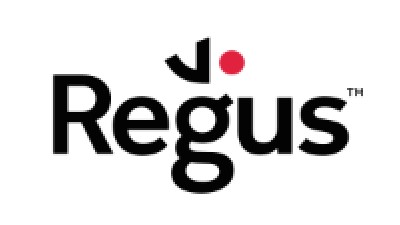Offices Have Become Community Gathering Spaces. Here Is Why

Cubicles are going extinct as businesses adopt dynamic, open floor plans. Workspaces have evolved into town hall environments, where companies build up their brands and a sense of community.
Communal spaces account for 52% of office space, according to a report from architecture and design firm Ted Moudis Associates. The average “seat” space per worker, which takes into account workstations and communal areas, increased from 142 SF in 2016 to 165 SF. While some industry groups, like law firms, are looking to downsize employee space, more companies are seeing the benefit of giving staff more room to work.
The shift toward communal office design improves quality of life for employees and encourages the development of strong networks, which can foster an aspirational culture that can help attract and retain top talent.
Those networks can drum up new business and lead to innovation within the company.
Well-designed spaces make the flow of information possible. Regus, an international provider of flexible workspaces and co-working locations, provides communal kitchen areas where employees can gather and hold conversations at will.

The evolution from assigned desks to flexible work environments has helped the shift. Over 45% of professionals in the U.K. reported working remotely for more than two and a half days a week, according to a Regus study. In the U.S., 42% of freelancers said they chose this path to set their own hours and work locations.
Mobile technology has also changed the role of the office as the provider of business tools. According to the Regus report, 26% of workers said smartphones are the preferred technology for on-the-go productivity, and 50% of workers now use Google Drive to collaborate online. Businesses have shifted toward bring-your-own-technology policies, and employees no longer need to come into the office to use a computer or be productive.
Property owners and managers have noticed the trend, as long-term leases and private offices fall out of favor, and as companies downsize their offices and allow remote work.
As both flexible workspace and mobile technology continue to improve, offices will no longer be defined by an assigned desk or a building, but by the people and ideas they bring together.
To learn more about this Bisnow content partner, click here.

